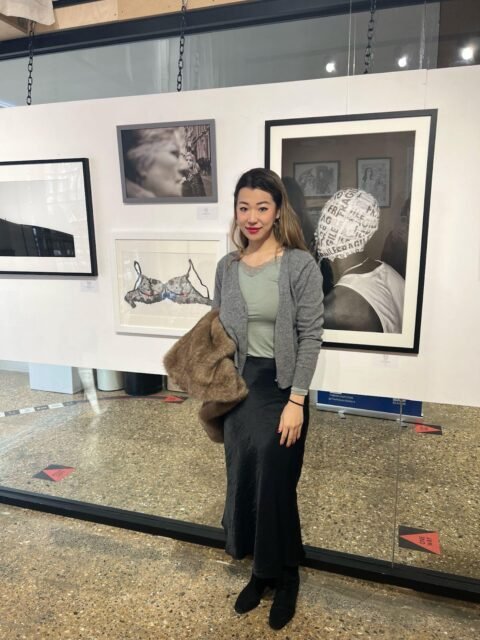By his own account, Homer Jackson was in the narrative business. “Overall, I am most interested in telling stories,” he wrote in an application for a Philadelphia Cultural Treasures fellowship, which he received in 2022, its inaugural year. “My work is most often filled with humor, irony and most important, signifying.”
Following Jackson’s death from multiple myeloma on July 13, at 67, the local creative community has now been left with its own stories to tell — accounts of his stewardship as director of the Philadelphia Jazz Project; recollections of his 1980s tenure at WRTI, when he was Skip Jackson on the air; praise for his interdisciplinary artistic practice; and testimonials of his lifelong dedication to chronicling the Black American experience, especially as expressed through arts and culture.
In a 2015 interview with WRTI, Jackson talked about the art of making jazz accessible through the practice of storytelling. “These people spend their entire lives developing this craft and their relationship with their instrument — whether it’s their voice or their physical instrument,” he said. “They can speak through their instrument as if it were their skin. And that’s what any artist wants to accomplish — and the jazz musician has done that and still continues to do that.”

“Homer had an inspired vision for jazz to be deeply embraced by the city of Philadelphia on a scale befitting its cultural relevance,” says Bill Johnson, WRTI’s general manager. “His work with the Philadelphia Jazz Project and Jazz Philadelphia was always guided by the north star that jazz is an art form that has transformative social and cultural power, as did the musicians who made, and continue to make, the music. He fought to ensure musicians were paid for their efforts, and that the music was presented in places where it could reach everyday people.”
Jackson is well remembered for his work both on the air and behind the scenes at WRTI, which began in 1980. “Skip was part of a dynamic squad of cultural warriors and commentators that included producer Myoshi Smith and on-air host Richard Nichols, who would eventually become the manager and ‘braintrust’ of The Roots,” recalls Bobbi I. Booker. “All were deep thinkers and intellectuals who could dissect 900-page tomes as effortlessly as they could expound on esoteric avant-garde music theories and artists. Their conversations epitomized the highest form of edutainment, creating an inclusive atmosphere that encouraged participants to dive deeper rather than feel alienated.”
J. Michael Harrison also met Jackson during his tenure at WRTI. “As a friend, he always supported and encouraged my efforts,” Harrison says. “As a collaborator, we produced magical moments of joy and creativity.” Those collaborations extended well beyond Jackson’s official affiliation with WRTI. Among them was Coltrane At 90: Philadelphia Celebrates John Coltrane, a 2016 festival presented by WRTI in partnership with the Philadelphia Jazz Project and others. Its centerpiece was a six-hour Saxophone Tribute on the night of Coltrane’s birthday, at The Church Of The Advocate in North Philly.
Jackson, who earned his bachelor’s degree at the Philadelphia College of Art and his masters from Temple University’s Tyler School of Art, led or helped shape a number of arts and humanities initiatives in his home city. “Homer’s unique perspective was instrumental in shaping Jazz Philadelphia from its very beginning,” bassist Gerald Veasley wrote this week in a letter to that organization’s board. “I could always count on him for his unvarnished viewpoint, one that was firmly rooted in a love for the arts and respect for art makers. He was a tireless chronicler of jazz history, ensuring the stories and contributions of its artists were preserved for future generations.”
For his work in the service of the arts community, Jackson was recognized not only by the Philadelphia Cultural Treasures initiative but also by organizations including the Jazz Journalists Association, which designated him a 2023 Jazz Hero. He is survived by his wife, Lynn Washington, and daughter, Asha Jackson, among other family and friends. Washington has established a memorial website, Homer Shines.
“His infectious smile and laugh were often the first thing people noticed about Homer,” says Johnson, “but his serious stewardship of jazz and visual art — as vehicles for making our community kinder, more enlightened, and genuinely happy — is his lasting impression on me and thousands of others lucky enough to have known him.”




